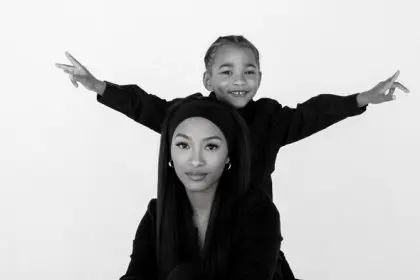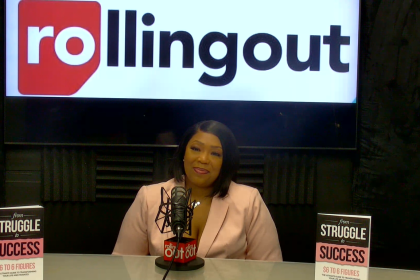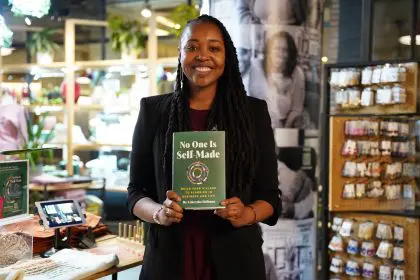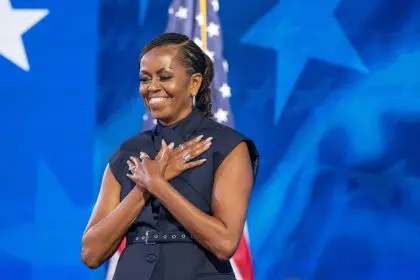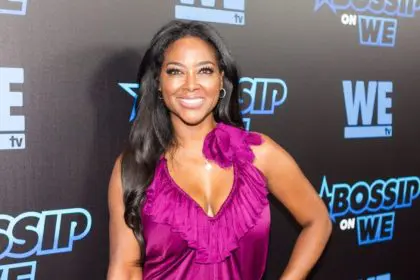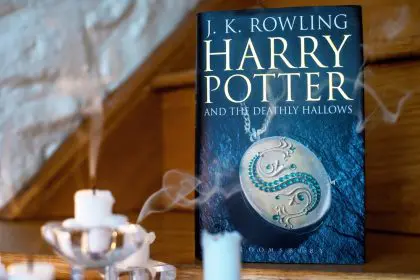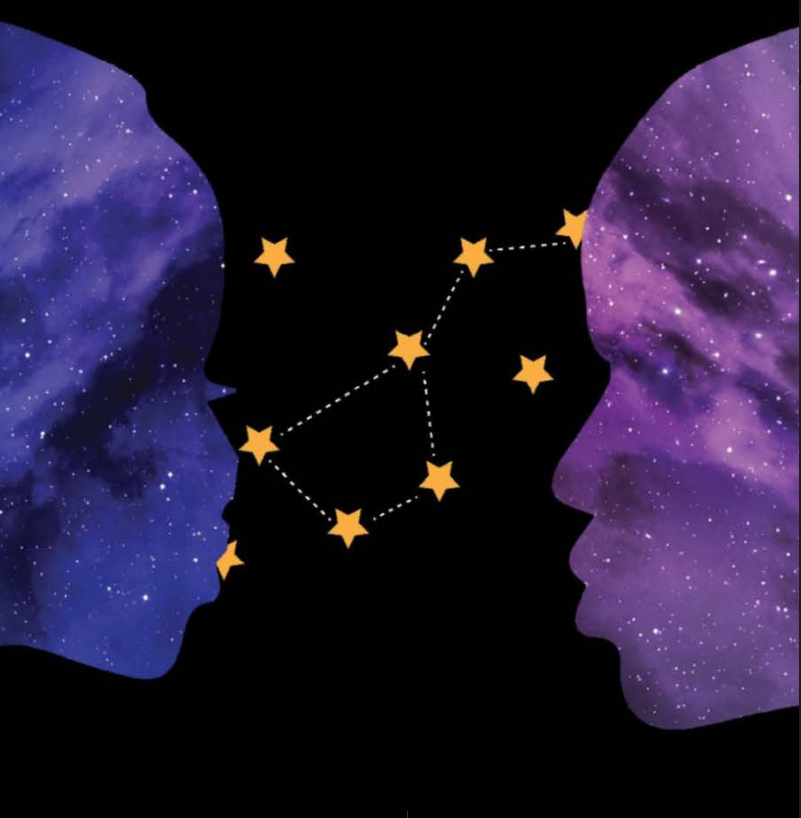
How would you describe Gaze?
The idea was to have something where it shows that we have pain. This is the pain that we feel from different aspects from our fathers, brothers, our lovers, our sons, or what we feel like we may feel in a future from our sons. So let’s dissect the pain. Why [not] let us unpack all the pain in order to actually heal or for me to heal from whatever wounds we have within us? What is the beauty? What are we gaining from these lessons that we passed through? I really wanted to have two sections where one will be talking about the hurt. Then, the last section would be basically just talking about the love and the beauty that we see in Black men. I love it. It’s like therapy.
What does your name mean?
It means “pastor’s child.” My heritage is Yoruba Nigerian. Growing up, if you do something wrong they’ll say “oh, omó pastor, omó pastor!” Essentially, people will start thinking it’s a paradox where you know pastor’s children are “supposed to behave in a certain way” or people either view us as super rebellious or super Christian. So me, I’m really not Christian at all. I’m not rebellious in a sense of I’m drinking and smoking every single day just to escape from life. If I do those things, that’s my choice.
At the end of the day, it’s not because I wasn’t allowed to do it when I was growing up. So I figured I’ll take this, these words, this title, and I will use it to portray somebody who’s rebellious in a sense of really exposing different areas and bringing out knowledge. It’s talking about discussions and topics that most folks will not want to speak about or is not the “norm.”


